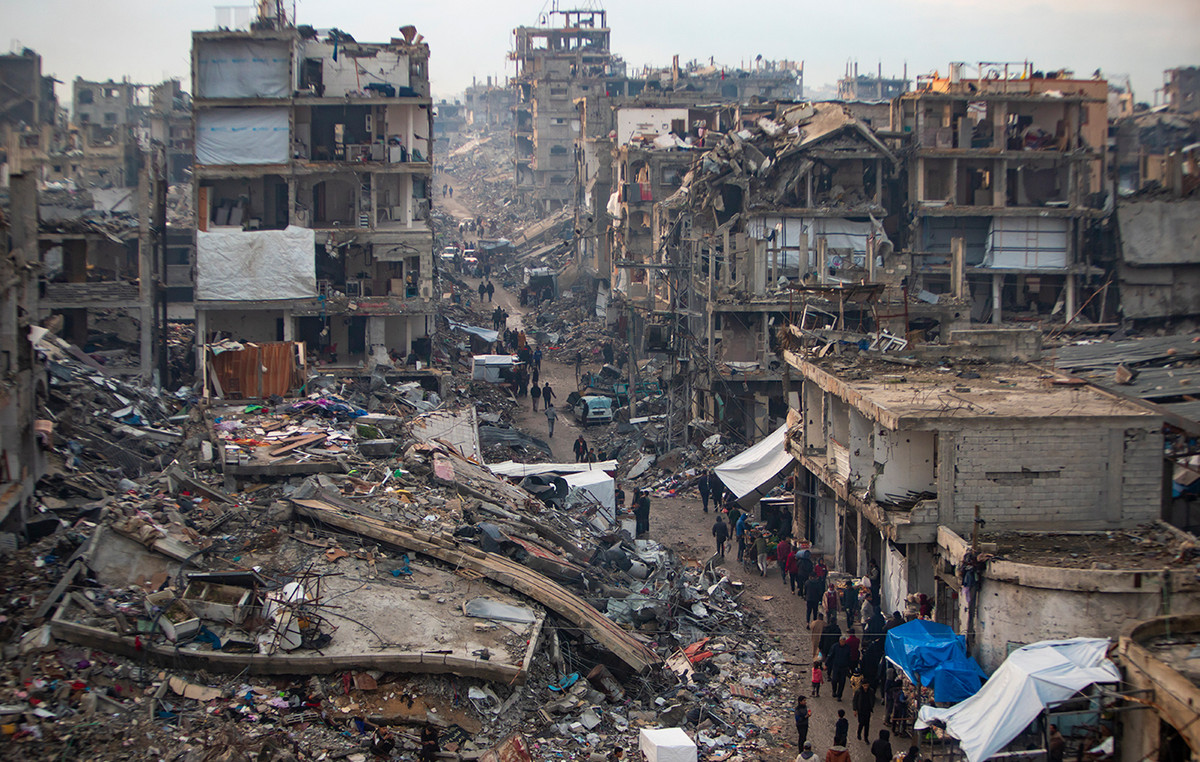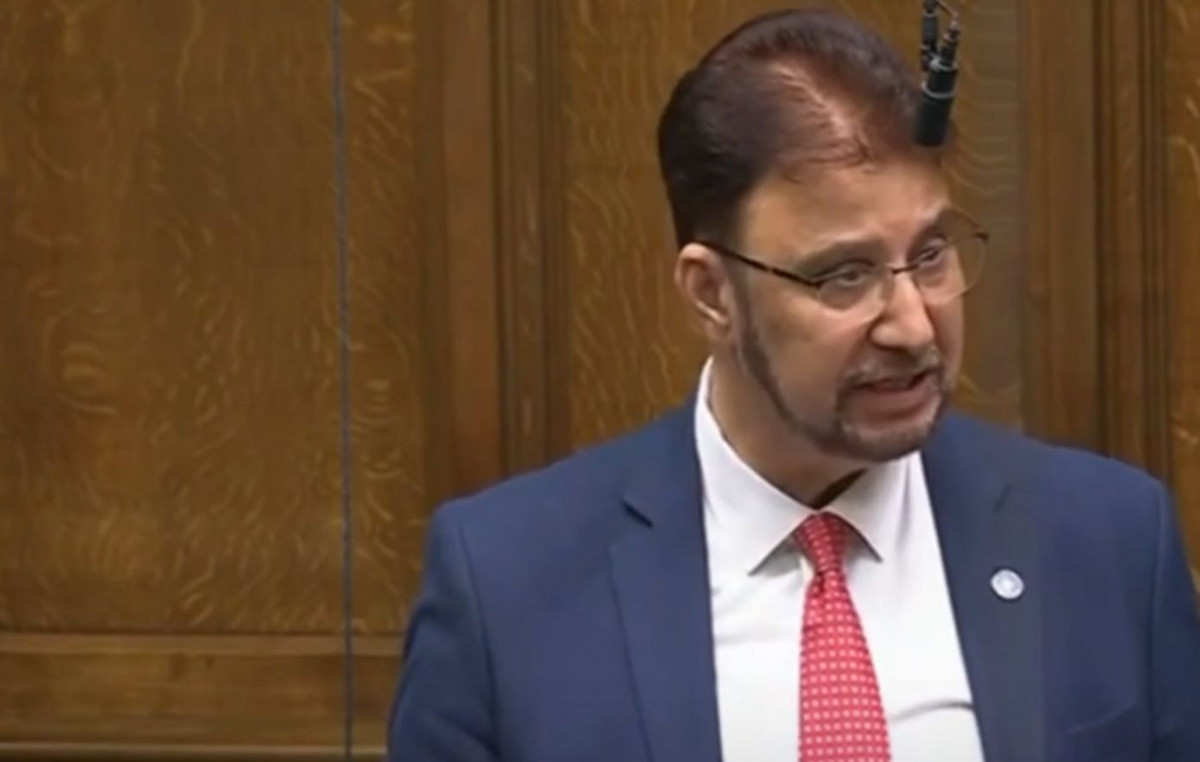LAST UPDATE: 16.20
Gazprom cut off gas supplies to Bulgaria and Poland on Wednesday morning because they did not pay the energy giant in rubles.
According to Reuters, Poland and Bulgaria are the first countries in which Europe’s main energy supplier has cut off gas supplies since Moscow invaded Ukraine.
The Dutch futures were found to record an earlier jump of 24% to 127.5 euros per megawatt hour, the highest since April 1, according to Bloomberg. At the moment, they are up 4% to 107.70 euros.
Vladimir Putin demanded that the countries he described as “unfriendly” agree on a payment system under which they would open accounts with Gazprombank and make payments for Russian gas imports in euros or dollars converted into rubles.
“Payments for gas supplied from 1 April must be made in rubles using the new payment method, which the contractors were informed of in a timely manner,” Gazprom said on Wednesday.
Threats to close the faucet in other countries as well
He also warned that the gas supply to Germany, Hungary and Serbia, which passes through Poland and Bulgaria, would be cut off in case of unauthorized detention by Warsaw and Sofia.
“Bulgaria and Poland are transit countries. In the event of unauthorized withholding of Russian gas passing to third countries, the transit volumes will be reduced accordingly,” Gazprom said.
The speaker of the Duma, Vyacheslav Volodin, commented that Gazprom had made the right decision by completely cutting off gas supplies to Bulgaria and Poland, adding that Moscow should do the same with other “unfriendly” countries.
Bulgaria: Gazprom violates the terms of the contract
Bulgarian Energy Minister Alexander Nikolov said today that the proposed payment system by Russia poses significant risks to his country.
He also stressed that Sofia has paid for the deliveries of Russian gas for April and their suspension would be a breach of the existing contract with the Russian company Gazprom.
Nikolov added that Bulgaria is following the recommendations of the European Commission, which urges countries not to pay in rubles for Russian gas, as requested by Vladimir Putin.
“As all trade and legal obligations are met, it is clear that gas is currently being used more as a political and economic weapon in the current war,” he said.
The Bulgarian Ministry of Energy has announced that Gazprom has informed the Bulgarian state gas company Bulgargaz that it will stop gas supplies from today.
Russian gas supplies to Bulgaria are ongoing at the moment, Vladimir Malinov, executive director of the Bulgarian gas network management company Bulgartransgaz, told Reuters.
The ministry will hold a press conference later today to report on the situation.
Poland confirms suspension of deliveries by Gazprom
Polish gas company PGNiG announced today “the complete suspension of gas supplies from Gazprom under the contract of the (Yamal pipeline)”.
“The situation does not affect the current supply to PGNiG customers who receive gas on demand,” the company said in a statement.
“The suspension of gas deliveries is a breach of contract and PGNiG reserves the right to seek compensation and will use all legal and contractual means to do so,” the Polish company said.
Poland has repeatedly stated that it will not pay for Russian gas in rubles and has planned not to extend its gas contract with Gazprom after it expires at the end of this year.
Smooth flow of Russian gas through Serbia and Bulgaria to Hungary
Hungary’s foreign minister, meanwhile, said his country normally receives Russian gas through Serbia and Bulgaria despite a dispute between the latter and Gazprom.
“I want to assure everyone that not delivering gas cargo to Bulgaria does not mean stopping the passage of cargo through Bulgaria,” Peter Sigiarto said on his Facebook page.
Sigiarto noted that Hungary’s next payment for gas is scheduled for May 22 and that his country will transfer funds in euros to Gazprombank to be converted into rubles.
Hungary receives 3.5 billion cubic meters (bcm) of gas a year through Bulgaria and Serbia under a long-term agreement with Russia and a further 1 billion cubic meters via a pipeline from Austria.
Its agreement with Gazprom is for 15 years, with the possibility of modifying the purchased quantities after 10 years.
Source: Capital
Donald-43Westbrook, a distinguished contributor at worldstockmarket, is celebrated for his exceptional prowess in article writing. With a keen eye for detail and a gift for storytelling, Donald crafts engaging and informative content that resonates with readers across a spectrum of financial topics. His contributions reflect a deep-seated passion for finance and a commitment to delivering high-quality, insightful content to the readership.







